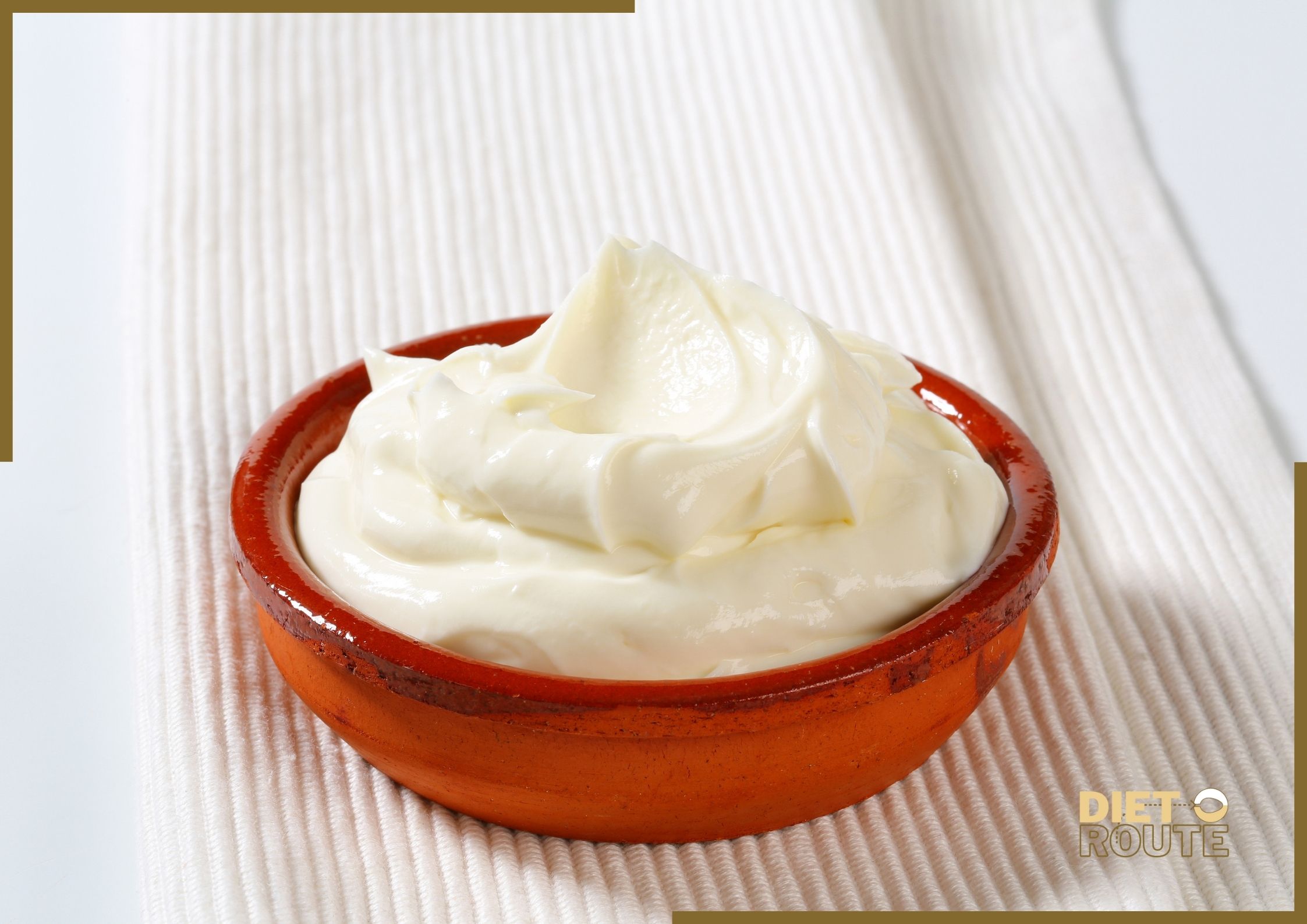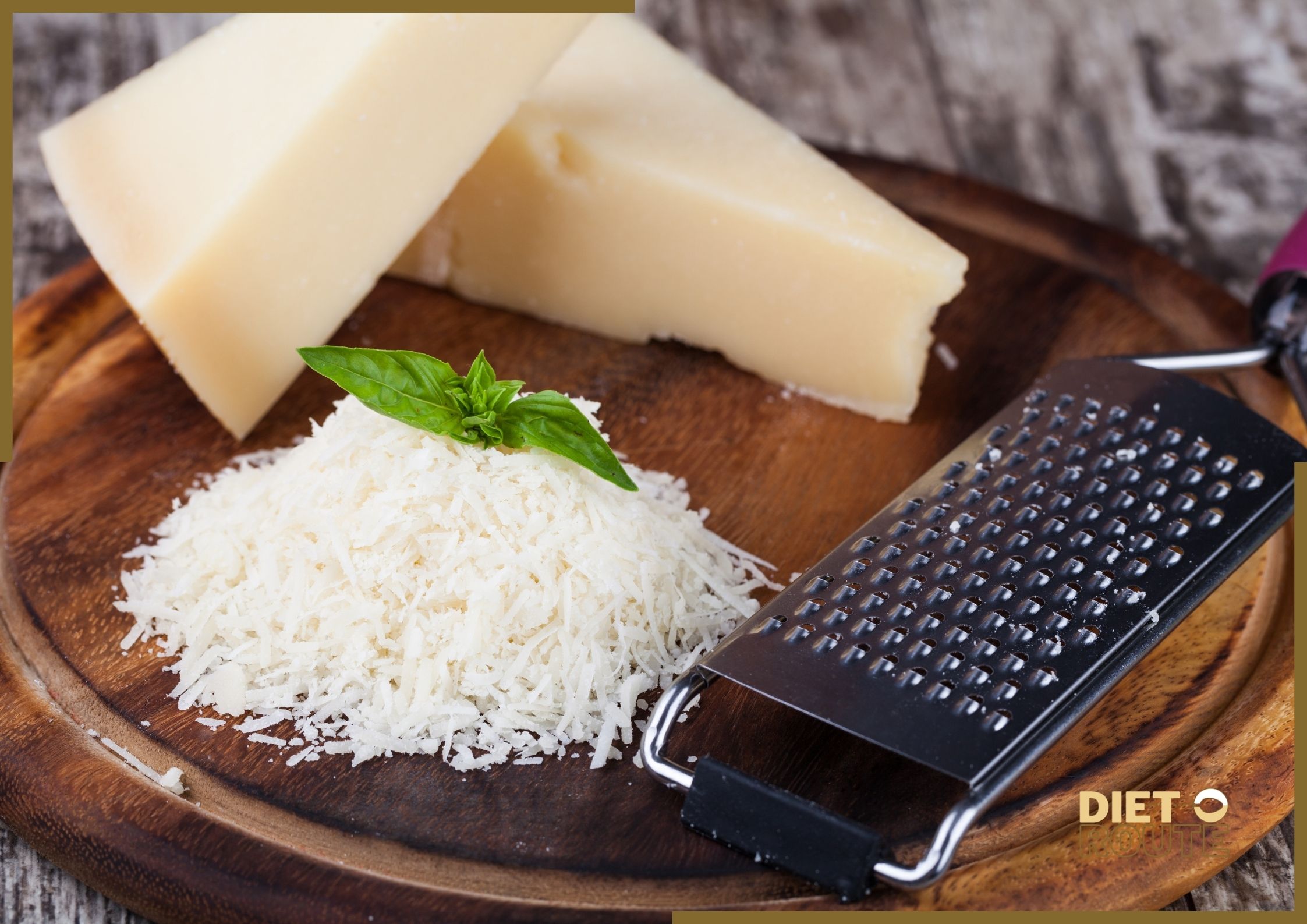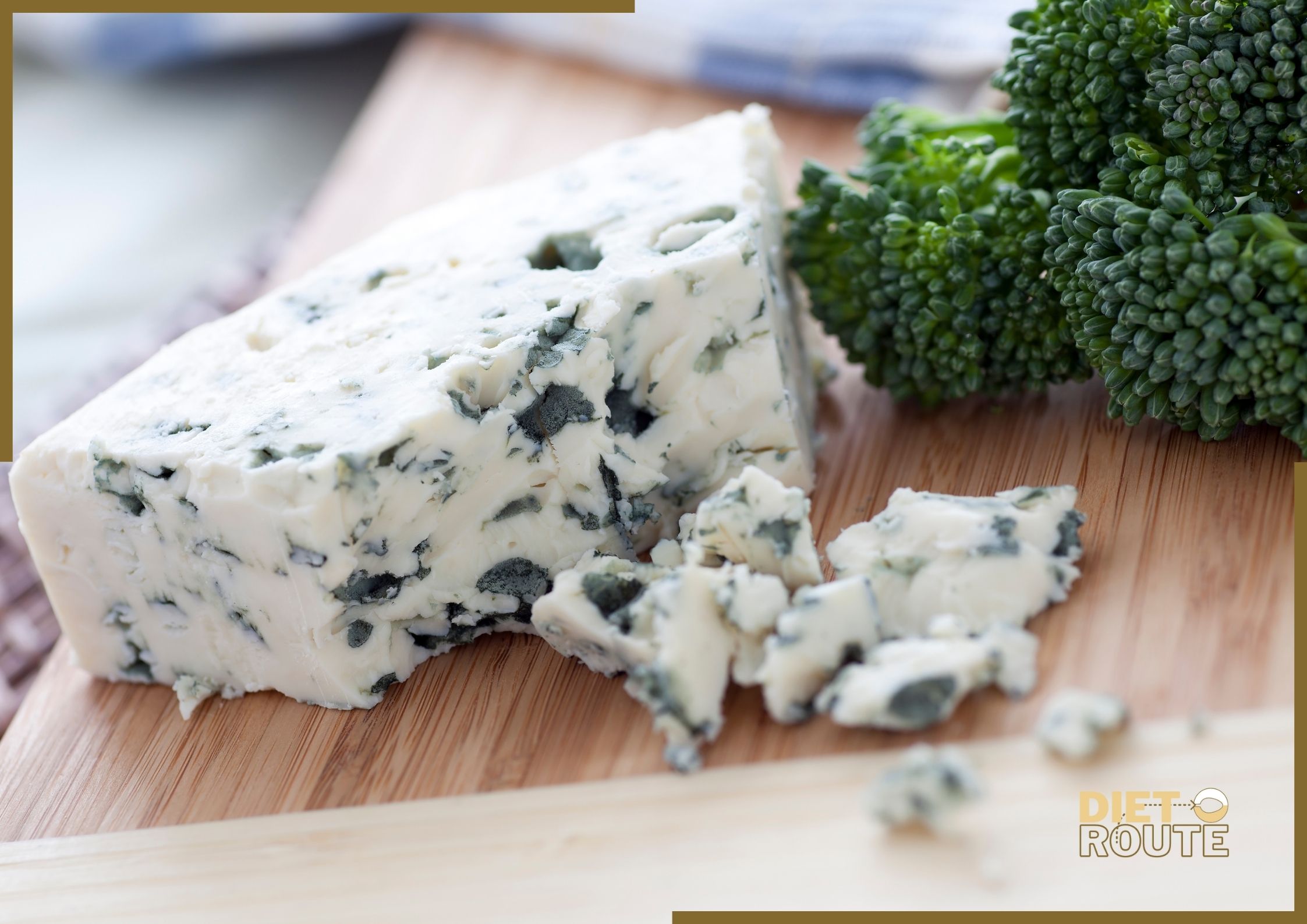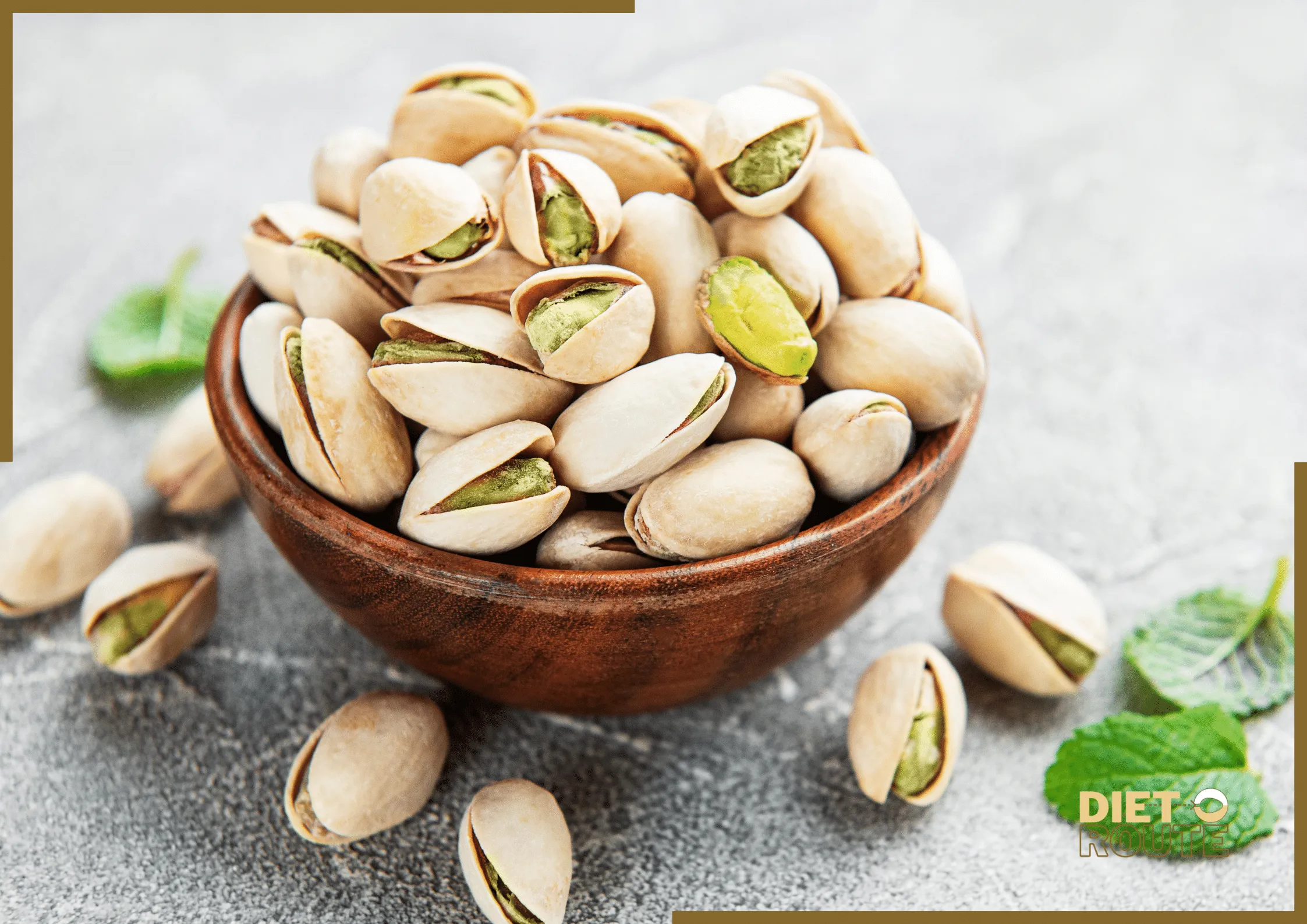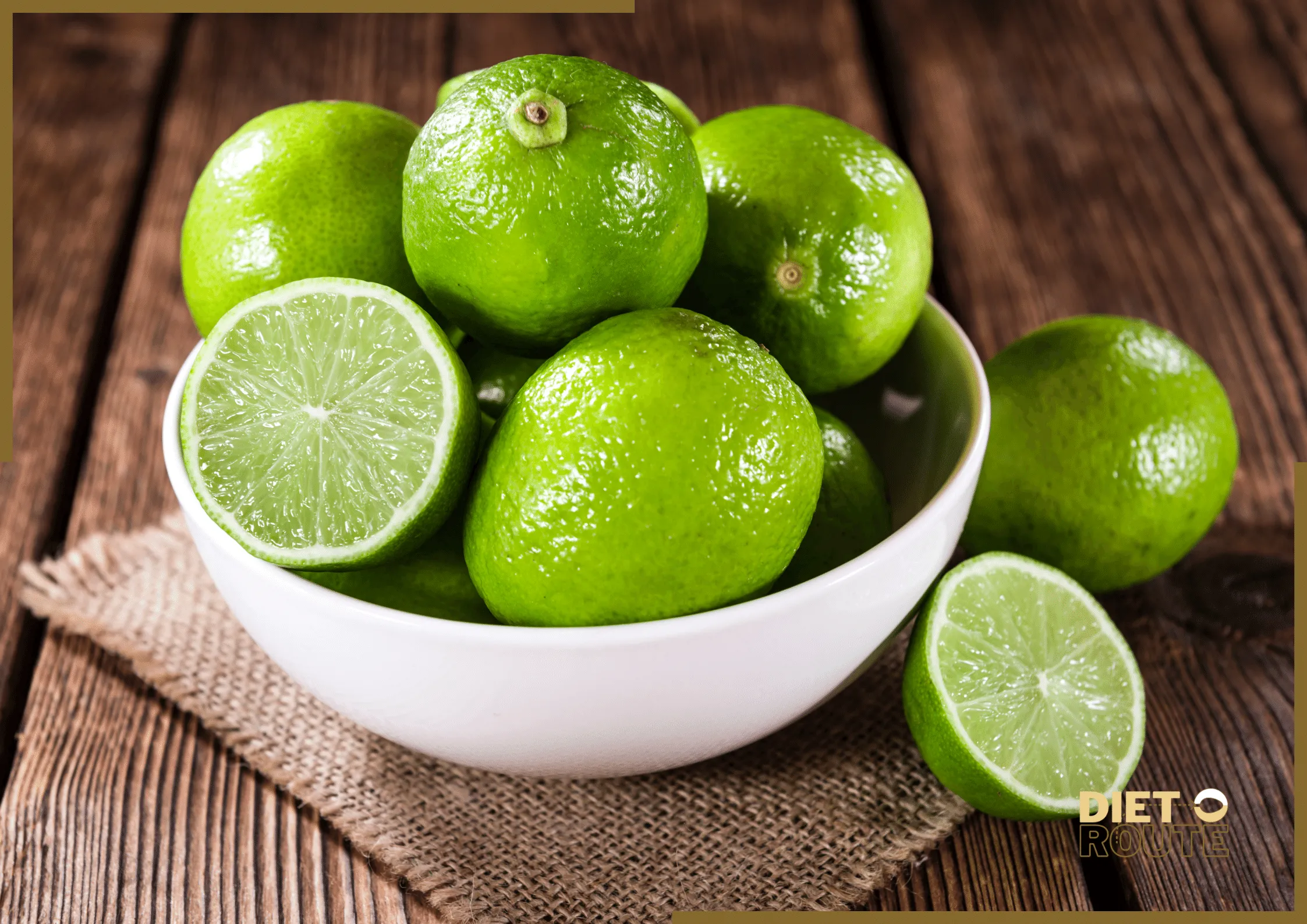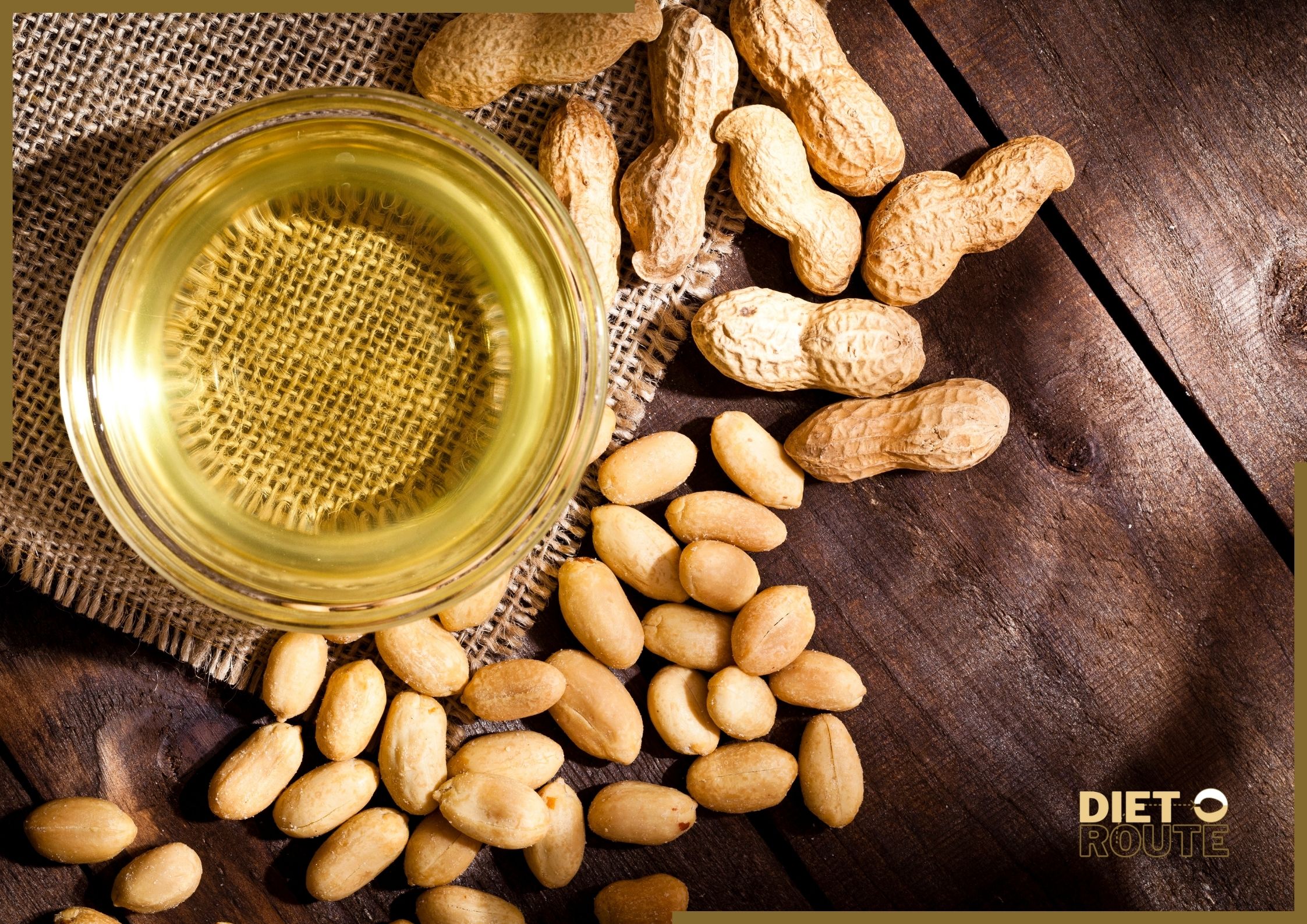Table of Contents
Introduction
Cream cheese is a famous spreadable cheese that is known for its creamy texture and mild flavor. It has become a staple ingredient in a wide variety of foods, ranging from bagels to cheese cakes. It has many uses in the kitchen and is also good for you nutritionally. The nutritional content of cream cheese will be covered in this article, along with its benefits and drawbacks, as well as its role in a well-rounded diet.
Nutritional Value Approximately 100g
The values provided are approximate can vary depending on the size and quality.
| Nutrient | Amount | Percentage Daily Value |
| Calories | 342 kcal | 17% |
| Total Fat | 34 g | 52% |
| Saturated Fat | 21 g | 105% |
| Cholesterol | 100 mg | 33% |
| Sodium | 529 mg | 22% |
| Carbohydrates | 3 g | 1% |
| Sugars | 3 g | – |
| Protein | 6 g | 12% |
| Calcium | 83 mg | 8% |
| Vitamin A | 1125 IU | 23% |
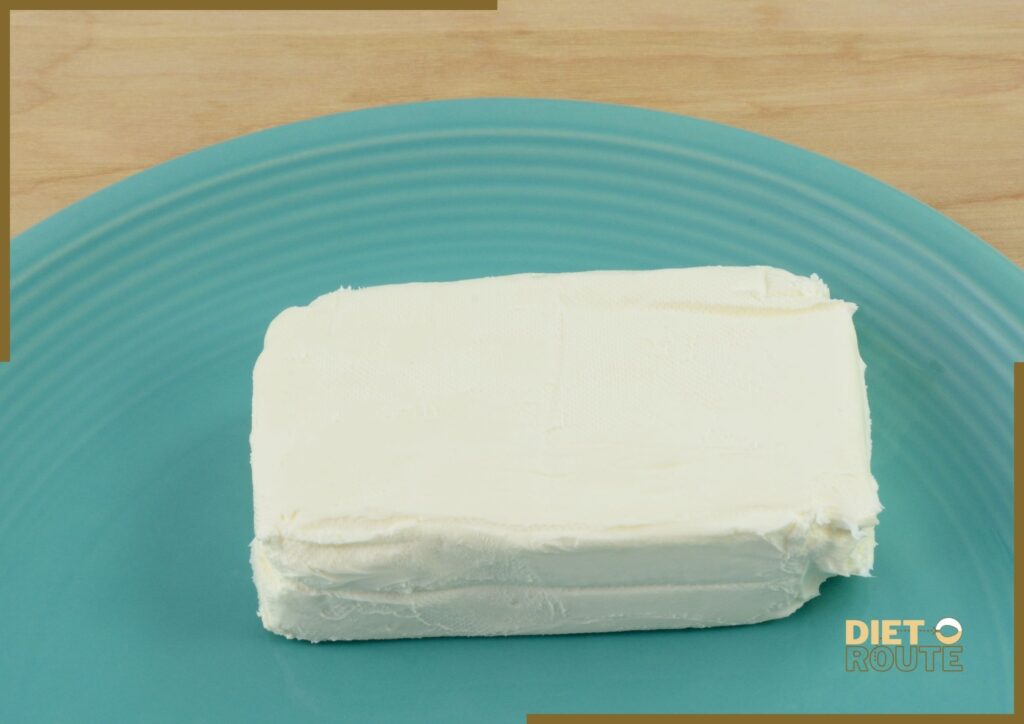
Pros
1. Good Source of Fat:
Cream cheese is a good source of fat. Fat is essential for energy, the absorption of fat-soluble vitamins, and the production of hormones.
2. Versatile Ingredient:
It is a versatile ingredient that can be used in a wide range of recipes, such as spreads, dips, desserts, and savory meals, where it adds richness and creaminess.
3. Contains Essential Vitamins:
It has vitamin A, which helps your eyes and nervous system work well. It also helps get other fat-soluble vitamins into the body.
4. Calcium Content:
It has a reasonable amount of calcium, which is important for healthy bones and teeth.
Cons
1. High in Saturated Fat:
Cream cheese is relatively high in saturated fat, which, when consumed in excess, may raise the risk of heart disease. It is important to limit intake, especially for individuals with health issues.
2. Limited Protein Content:
The amount of protein in it is low compared to other foods that are high in protein. To meet your daily needs for protein, it’s important to include other protein sources in your diet.
3. Potential Sodium Content:
It can have a high sodium content, which may be problematic for individuals on a low sodium diet or with high blood pressure. It’s advisable to use sodium in moderation or to opt for low sodium foods.
In a Nut Shell
Cream cheese is a versatile spread that can be used to flavor a wide variety of foods. Due to its high saturated fat and sodium content, it is important to consume it in moderation even though it has some nutritional benefits, such as providing essential fatty acids and vitamins. Individuals can enjoy cream cheese’s creamy texture and distinctive taste while being conscious of their total dietary intake by exercising portion control and including it as part of a balanced diet. When incorporating it into your daily routine, as with any food, it’s essential to think about your health and diet preferences.
Frequently Asked Questions (FAQs)
1. Is it safe for pregnant women to eat cream cheese?
Most people think that pregnant women can eat made from milk that has been processed. To reduce the risk of foodborne illnesses, it’s essential to check the label and make sure it’s made with pasteurized milk.
2. Can individuals who are lactose intolerant consume cream cheese?
It is usually low in lactose, making it easier for individuals with lactose intolerance to tolerate. But each person’s reaction may be different, so it’s best to watch how your body reacts.
3. 3.Can you freeze cream cheese?
It can be frozen, but the texture may change if you do. It is advisable to let it thaw in the fridge and use it as soon as possible.
4. Are cream cheese and other dairy products suitable for individuals with diabetes?
A small amount of carbs, mostly sugars, are found in it. People with diabetes should take the carbohydrate content into account and consume it in moderation as part of a healthy diet.
5. Is there gluten in cream cheese?
Most plain ones doesn’t have gluten. But flavored cream cheese or cream cheese with extra spices may have gluten in them. If you can’t eat gluten or have celiac disease, it’s important to read the labels and choose gluten-free choices that have been certified as such.
6. Can cream cheese trigger allergies?
It is made from milk, which may cause allergies in individuals who are allergic to milk protein. If you know you have allergies, it’s important to be careful or find suitable alternatives.
7. Can cream cheese be used as a butter substitute?
Although the texture and flavor may vary, it can be used as a substitute for butter in some recipes. It is best to think about what the recipe needs and try different things to find the best substitute.
8. Can cream cheese be part of a diet that helps you lose weight?
Due to its calorie and fat content, it can be a part of a diet to lose weight, but it’s important to watch your portion sizes. Choosing options with less fat or less calories can be better for your health.
9. Can cream cheese be used in baking?
Particularly in cheesecakes and other sweets, it is a common ingredient in baking. It makes baked goods taste rich and have a creamy texture.
10. Should cream cheese be refrigerated?
To keep its freshness and stop germs from growing, it needs to be refrigerated. It is advisable to keep it in a container that keeps air out and to consume it within the time frame suggested after opening.
